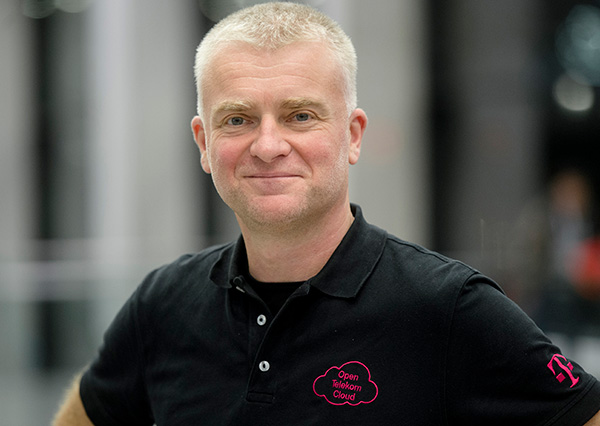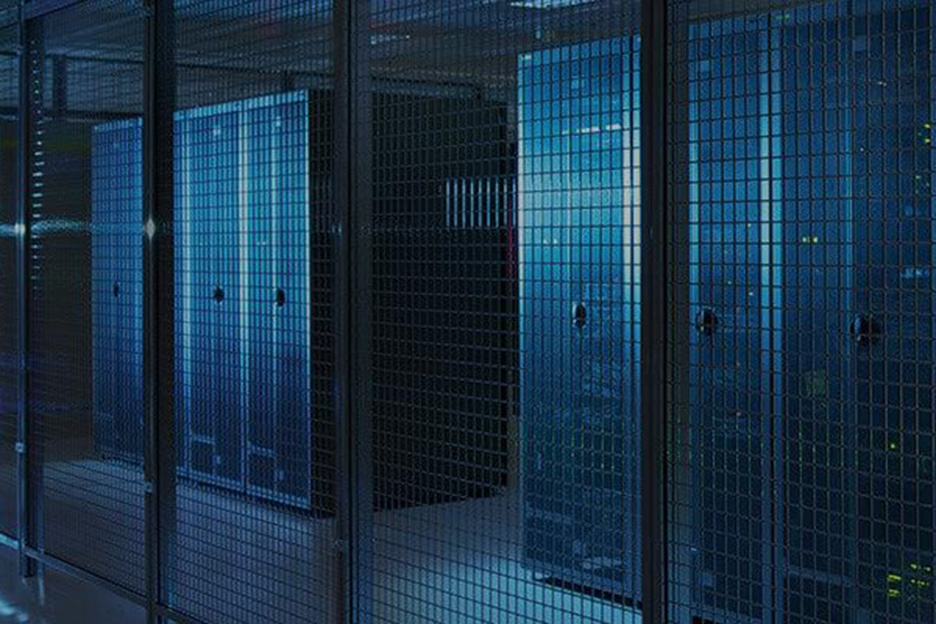In this article, you'll read about,
- why effective business continuity management is important,
- what advantages the public cloud offers in terms of resilience,
- and which seven measures ensure a resilient cloud.
A widespread power outage brought things to a standstill in the Dutch province of Flevoland this fall. Faults in two substations temporarily paralyzed the power supply in the region, which is located northwest of the capital Amsterdam. Police restricted road traffic and train services were cancelled. The outage also had consequences for the data centers in the region: They had to resort to the emergency power supply. This included the Open Telekom Cloud facility. Did this lead to service outages or data loss? Not at all. Because the switch to the emergency power supply went smoothly. And operations continued accordingly without interruption.




